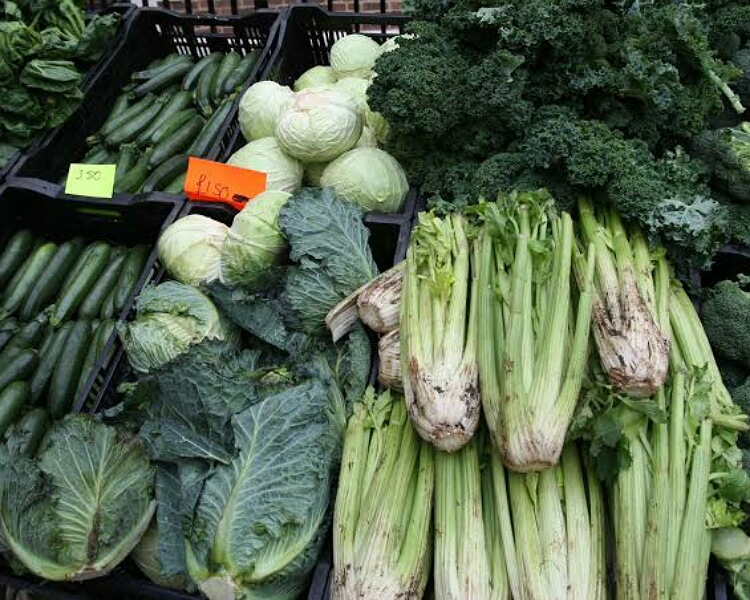An American study tried to see the correlation between eating green leafy vegetables daily and dementia. The results were heartening. It showed that those who ate at least six portions of the green leafy vegetables in a week had lowered risk of dementia and their brains were four years younger than those who did not consume the leafy vegetables.
Dementia and its pathology
Dementia is a condition of deteriorating brain function. It occurs with age and elderly people tend to lose memory and cognitive function. Their alertness and concentration reduces. It might be severe enough to affect their day to day activities.

In this condition, amyloid protein deposits occur in the brain. These clump together and damage the key neurons. Oxidative stress is supposed to lead to buildup of these amyloid deposits and plaques in the brain of affected individuals. Since green leafy vegetables are full of antioxidants, they mop up the damaging free radicals and save the brain.
The new American study
A new American study from RUSH University of Chicago recruited 581 elderly people with an average age of 84 years. The diet of these people was analyzed. And these people agreed to donate their brains after death for the dementia study. Annually, they filled a questionnaire asking about their daily diet. Most of these people died around seven years after their inclusion into the study.
Before death, 39% of the people had dementia diagnosis. After studying their brain post death, 66% of them met the pathological criteria of Alzheimer’s disease. The researchers looked for amyloid plaques and tau tangles in the brains on post mortem. These are found in people with Alzheimer’s but are also seen in those elderly people with normal cognitive function.

The pathological findings were correlated with the diet of the recruits. It was checked how well the recruits adhered to the Mediterranean diet that stresses on leafy green vegetables in daily diet.
More on the study findings
Also, read No evidence to show that a Mediterranean diet can reduce dementia risk!
The study showed that those taking leafy greens had lesser amyloid deposits. Their amount was similar to that in people who were 4.25 years younger in age to them. Scorings were given based on the Mediterranean diet and the Mediterranean-DASH Diet Intervention for Neurodegenerative Delay (MIND). And based on these scores, people higher on scores with Mediterranean diet had 18 years younger brains compared to those who had lowest scoring. While those in MIND diet had 12 years younger brains.

And those who had green leaves daily had a brain around 19 years younger to those who did not have green leaves daily. This study is in Neurology journal. Study author Puja Agarwal said:
‘These results are exciting. Improvement in people’s diets in just one area— such as eating more than six servings of green leafy vegetables per week, or not eating fried foods— was associated with fewer amyloid plaques in the brain similar to being about four years younger.’
Puja added:
‘While our research doesn’t prove that a healthy diet resulted in fewer brain deposits of amyloid plaques, also known as an indicator of Alzheimer’s disease, we know there is a relationship and following the MIND and Mediterranean diets may be one way that people can improve their brain health and protect cognition as they age.’
‘Future studies are needed to establish our findings further.’
